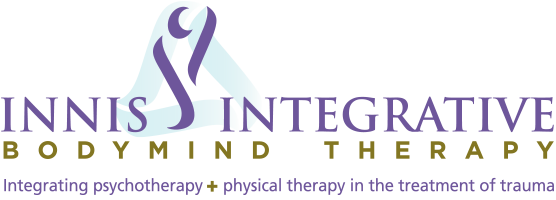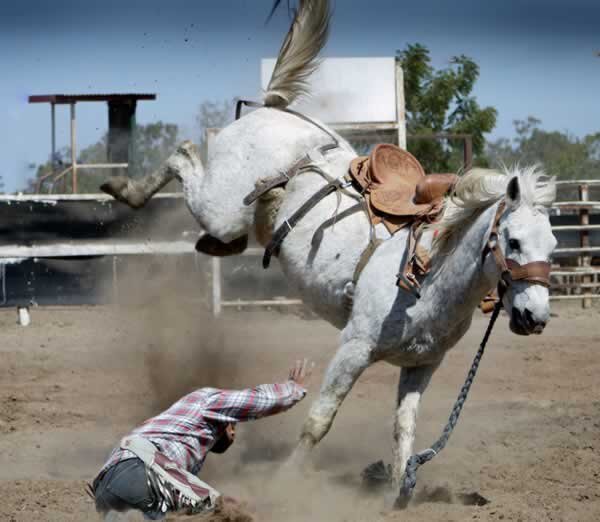Have you been in a crash or other traumatic incident recently? Are you struggling to “get over” it and get your life back on track?
Crashes happen all the time. Some people recovery with little or no residual impact. Unfortunately, millions of other people suffer bewildering symptoms following even minor accidents.
All too often, these symptoms seem elusive, meandering, showing up one day and not the next. This is confusing and frustrating for the sufferer as well as the treating medical team. Thus, many people begin to feel desperate and increasingly helpless, wondering:
“Why is it taking so long to get over this?”
“Is it all in my head?”
“What’s wrong with me?”
Accidents and the ANS: Understanding what Happens to your Nervous System
Accidents are characterized as traumatic and often perceived as life threatening. When a perceived threat is experienced, the autonomic nervous system (ANS) is instantly aroused in preparation for survival. The first lines of defense are the fight or flight impulses.
First of all, a threatening situation invokes a primitive survival response that allows us to either fight our offender or flee from the threat. When we can complete those impulses, and successfully protect ourselves by either fighting or fleeing to safety, our ANS expends the energy associated with the initial arousal. Then, the nervous system is able to down regulate, leaving us in a calm state.
Similarly, when we are threatened by an impending crash while driving in a car, riding a bike, or traveling by motorcycle, the same amount of protective energy is mobilized in our nervous systems. However, because we are unable to escape an accident, that energy is unused and becomes frozen in our bodies.
This happens even when we don’t see the accident coming! When the shock of an accident occurs, our nervous systems frequently remain in that high state of alert. Often, this leads to symptoms consistent with posttraumatic stress.
Time may pass and some healing may occur. However, if you find yourself struggling to restore your pre-accident status, you may be suffering from the residual after-effects of trauma. The following is a partial list of symptoms that are often associated with posttraumatic stress following an accident.
Post-accident Post-traumatic Stress Symptoms include the following indicators:
Physical pain
Brain fog
Flashbacks or nightmares
Feeling disconnected or disoriented
Driving anxiety, either as the driver or as a passenger
Cognitive difficulty, especially processing, memory, problem-solving, calculating
Overwhelm
Fear or helplessness
Irritability
Anger
Insomnia
Exaggerated startle response
Hypervigilance, especially in traffi
Balance and equilibrium problems
Vertigo, nausea, dizziness or a feeling of unsteadiness
Feeling triggered by sights, sounds, smells or memories of the acciden
Trauma is anything that overwhelms a person’s capacity to cope. As a result, it can render them terrified and helpless. The reason physical symptoms show up is associated with the fact that “trauma is not in the incident, it is in the nervous system”. (Peter Levine, Waking the Tiger: Healing Trauma)
Common reactions to a traumatic experience are Flooding and Freezing, described as follows:
Flooding is an exaggerated or overwhelming response. You may feel anxiety or experience angry outbursts, flashbacks, or a generalized feeling of overwhelm.
Freezing feels like numbness, disconnection, dissociation, and immobility. Crash Course A Self-Healing Guide to Auto Accident Trauma and Recovery by Diane Poole Heller, PhD and Laurence S. Heller, PhD provide useful lists of symptoms related to trauma. Included are several questions that can help guide self-healing.
Common vestibular symptoms that might arise from a crash include the following problems:
Trouble looking up
Difficulty walking down aisles of a supermarket
Difficulty rolling over to get out of bed
Dizziness when bending over
Unusual challenges performing ambitious activities like sports or housework
Additionally, Concussive and Traumatic Brain Injuries (TBI) frequently occur as a result of a crash, often going undiagnosed. This can happen even without directly hitting your head or losing consciousness. Furthermore, just exposure to the forces of acceleration/deceleration can shear and damage brain tissue.
Symptoms of Possible Concussive and Traumatic Brain Injuries (TBI) include:
Sleep disturbances
Headaches
Dizziness
Fatigue
Irritability
Anxiety
Tinnitus (ringing in the ears)
Cognitive changes can occur as well. Here are just a few of the alterations that may become noticeable:
Memory difficulties
Problems reading
Word recall
Short term memory difficulties
Sequencing steps of familiar tasks
The onset of unfamiliar depression
Withdrawal from friends and family members
Unusual difficulty on the job
“Not feeling like yourself”
Difficulty filtering, particularly conversations from background noises
Recovery: The Importance of Trauma Therapy
A multi-discipline approach to recovery is important. First of all, physical therapy or chiropractic treatment for musculoskeletal symptoms associated with whiplash and other related accident injuries can help. Also, vestibular therapy, with vestibular-trained physical therapists, will address and correct symptoms related to dizziness, nausea, feeling lightheaded, vertigo, overall unsteadiness, sensitivity to light, and an overall feeling of disconnectedness. In addition, trauma therapy, by a qualified trauma specialist, is important for resolving trauma-related symptoms associated with an accident.
The effects of trauma are held and experienced in the body. Thus, the most effective way to deal with the trauma response is through a mind-body approach. Somatically based approaches address altered neurobiology. Moreover, they facilitate restoration of the nervous system’s natural rhythms. As a result, the energy generated by the fight/flight/freeze response at the time of the accident is dislodged. Thereby, you are returned to your pre-accident state.
If you or a loved one have some of these residual posttraumatic symptoms it is important to get the healing help you need. Furthermore, a multi-discipline approach is a very effective way to get comprehensive assistance. I can help you coordinate physical therapy, cognitive therapy, vestibular therapy and trauma psychotherapy, by consulting with your existing team or referring you to competent and qualified therapists.
To conclude, driving anxiety disrupts our natural flow, interferes with our freedom, and robs us of feeling like we are relaxed, safe, and in control. Our lives revolve around cars, bikes, and motorcycles. Thus, without freedom of movement, our lives become more and more limited.
Most important, you owe it to yourself to recover fully from accident-related trauma. Reach out and find the support you need and deserve.
Find your freedom
Contact me here for more information on Trauma Therapy





